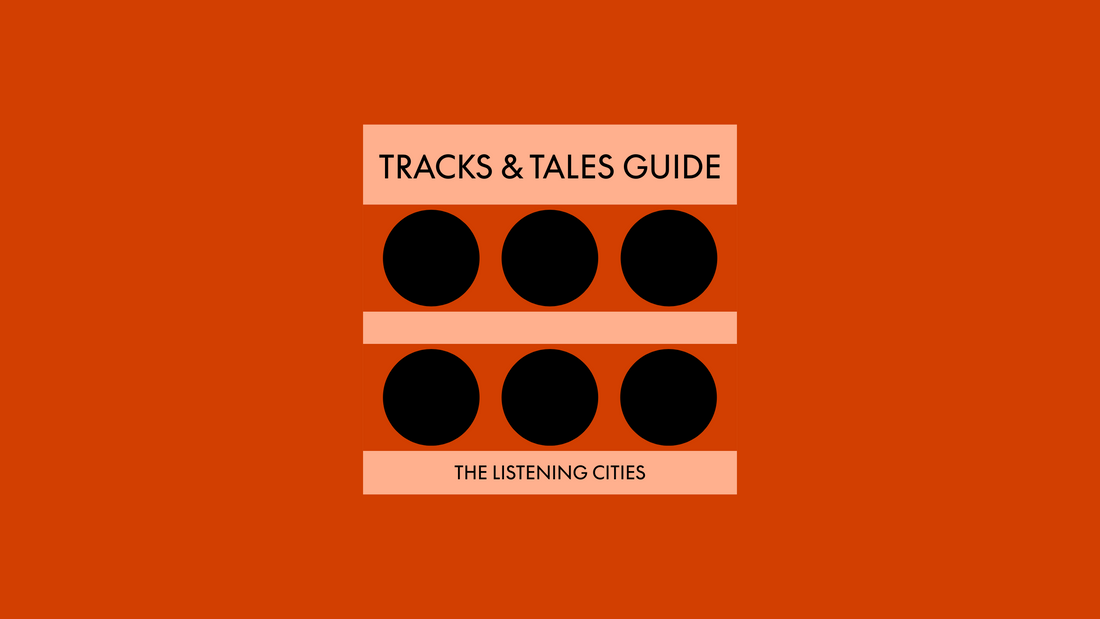
Paris: Listening Bars — Elegance, Reverence, and the French Ear
By Rafi Mercer
Paris is a city where sound is already aesthetic. Street musicians on Pont Neuf, accordion melodies threading through Montmartre cafés, the murmur of conversation over wine — the soundtrack of Paris is part of its architecture. Yet in recent years, another layer has emerged: the listening bar. Imported in spirit from Tokyo, shaped by the city’s own cultural lineage, these spaces distil Parisian elegance into the act of listening.
The roots are not foreign. Paris has always had rooms where music commanded attention. The post-war jazz caves of Saint-Germain-des-Prés — Le Tabou, Club Saint-Germain, Caveau de la Huchette — were listening bars avant la lettre: vaulted cellars where Sidney Bechet and Miles Davis were not entertainment, but revelation. Audiences sat close, in smoke-thick air, leaning into every note. That reverence, that intimacy, is the DNA now revived.
Today, the most celebrated is Le Syndicat’s Grand Hôtel Pigalle offshoot, Bambino in the 9th arrondissement, where natural wines are poured against a backdrop of towering Klipsch speakers and selector-driven vinyl sessions. It is a space as much for conversation as for contemplation, but the sound system holds the room in balance — warm, present, impossible to ignore.
Then there is Fréquence, a narrow bar in the 11th, lined with shelves of records curated with a DJ’s instinct but a host’s humility. Cocktails are inventive, but the true luxury is the sound: impeccable, patient, layered. Here, Paris shows its hand — listening not as austerity, but as pleasure. Wine, cocktails, conversation, music: all given equal weight.
Other names surface: La Mano with its intimate atmosphere, Demory Bar threading hi-fi into craft beer culture, pop-ups and salons where audiophile fidelity meets the city’s love of gathering. The thread running through them all is Paris’s unmistakable balance of sophistication and ease. Unlike Tokyo’s near-monastic focus or Berlin’s experimentalism, Paris listens with elegance. The rooms are designed not as shrines, but as salons — stylish, warm, convivial.
What defines Paris’s listening culture is the French ear: attuned to nuance, resistant to spectacle, inclined toward refinement. This is a city where cultural consumption is never rushed. Meals stretch for hours, exhibitions linger, wine is studied as much as it is drunk. The listening bar here is not an interruption to nightlife, but a continuation of a broader philosophy: that culture is best savoured.
Globally, Paris matters because it proves the listening bar can be not just serious but sensual. It is not only about fidelity, but about atmosphere. The sound is impeccable, yes, but it is woven into ritual — an apéritif, a late-night cigarette, a conversation that deepens because Coltrane or Françoise Hardy plays in the background, not as noise but as presence.
To sit in a Parisian listening bar is to experience music as the French have long experienced culture: with reverence, yes, but also with joy. It is not austerity, but indulgence. The act of listening becomes an extension of dining, of drinking, of living well.
And perhaps that is why Paris feels essential to this global map. If Tokyo gave us the form, London the cosmopolitan refinement, Berlin the experimentation, New York the historical lineage — Paris gives us elegance. It reminds us that listening, like dining or drinking, is a ritual best approached with style.
Rafi Mercer writes about the spaces where music matters. For more stories from Tracks & Tales, subscribe here, or click here to read more.














